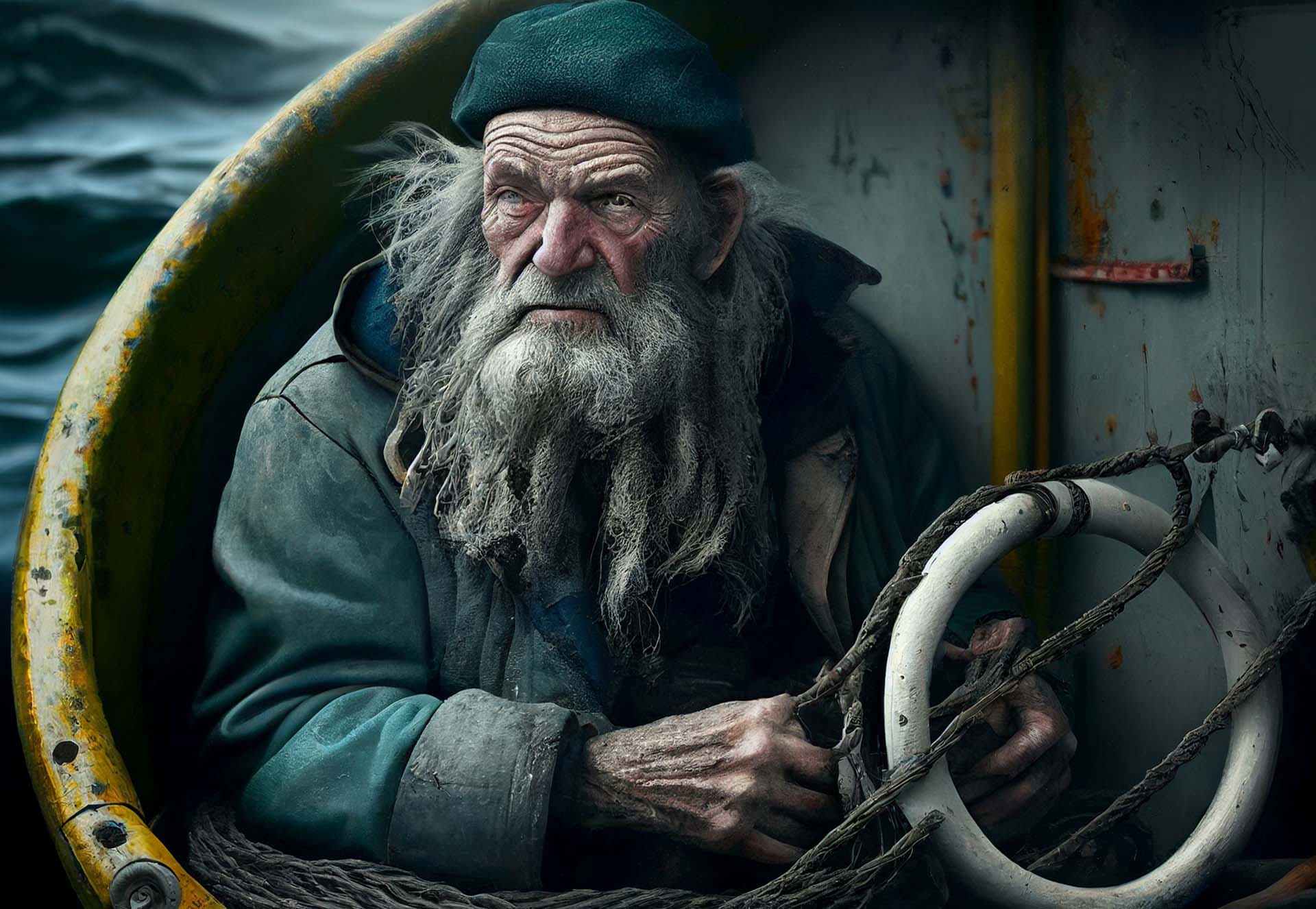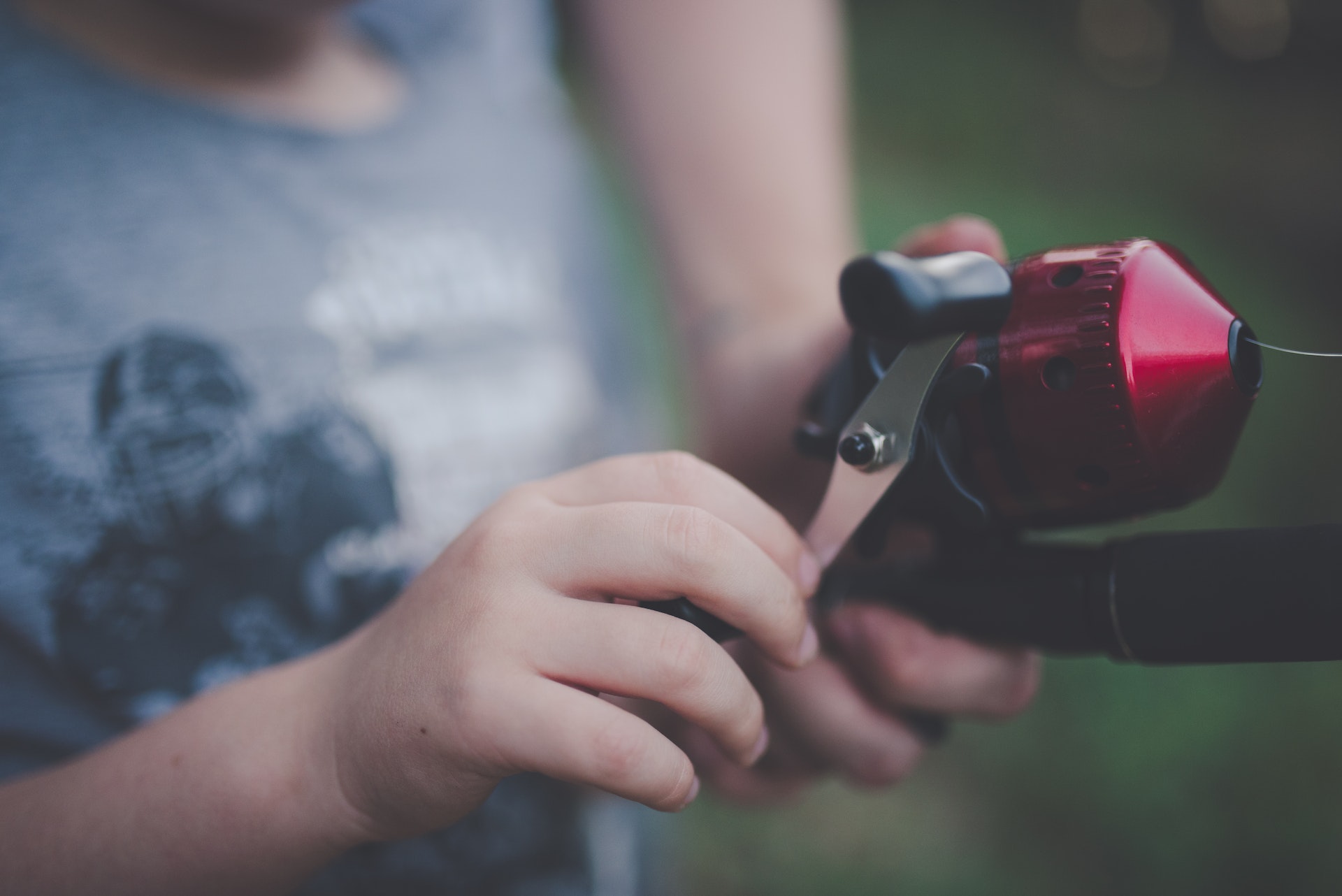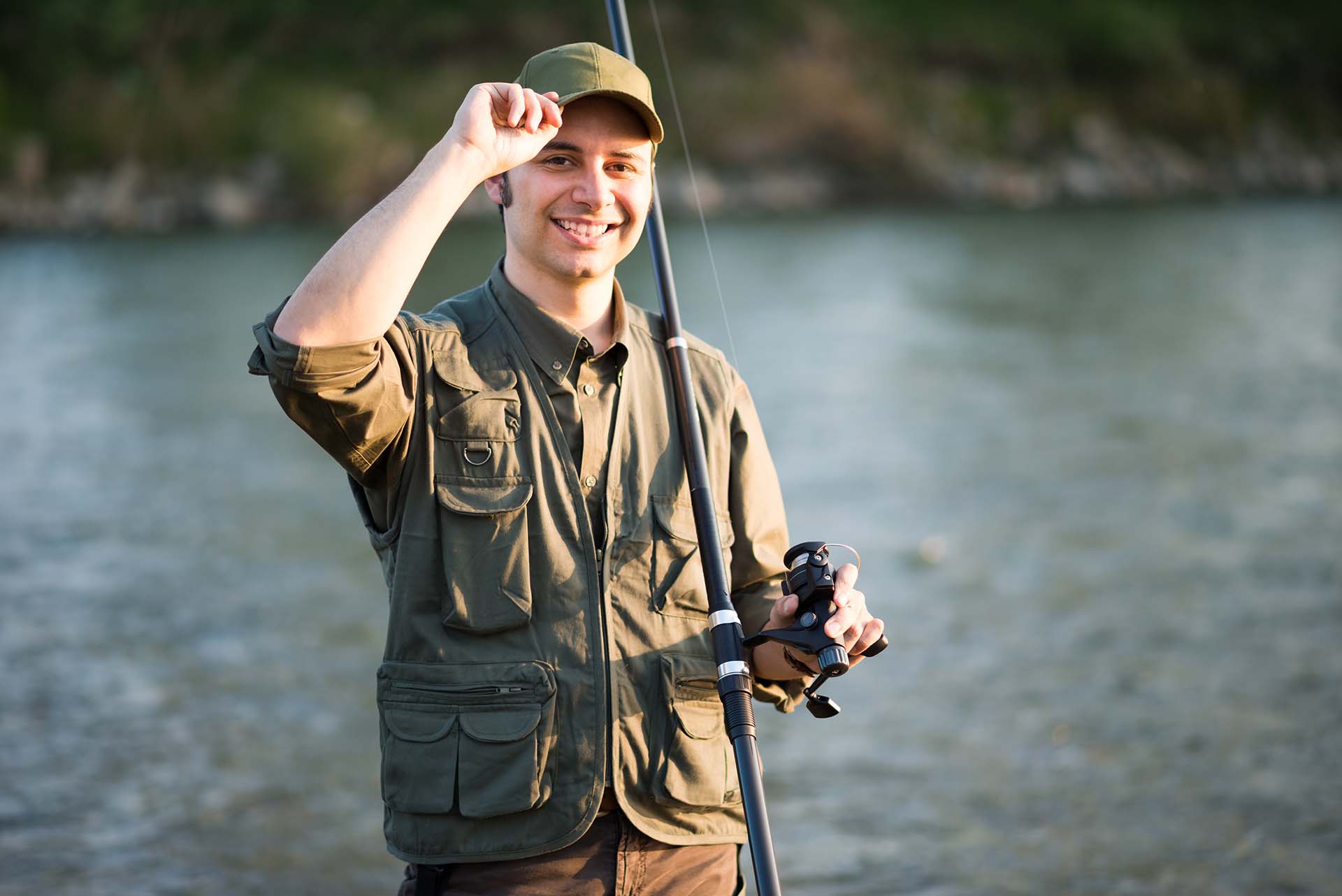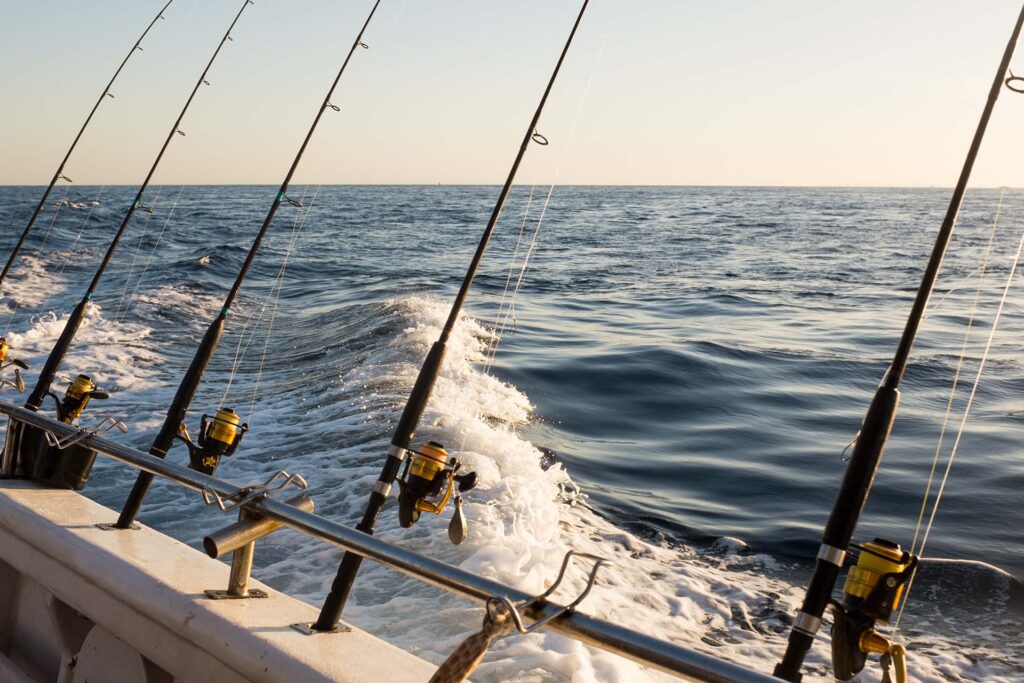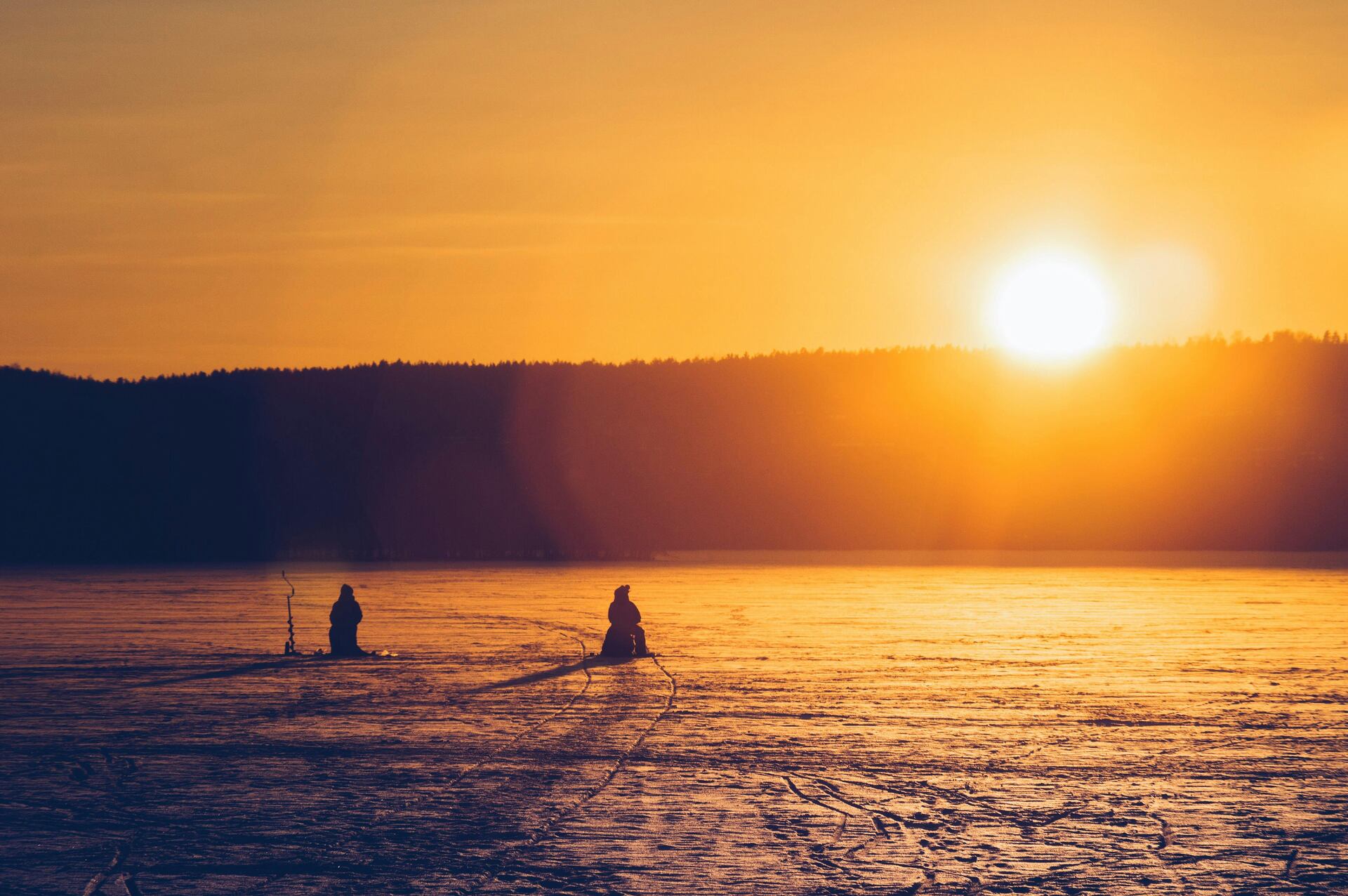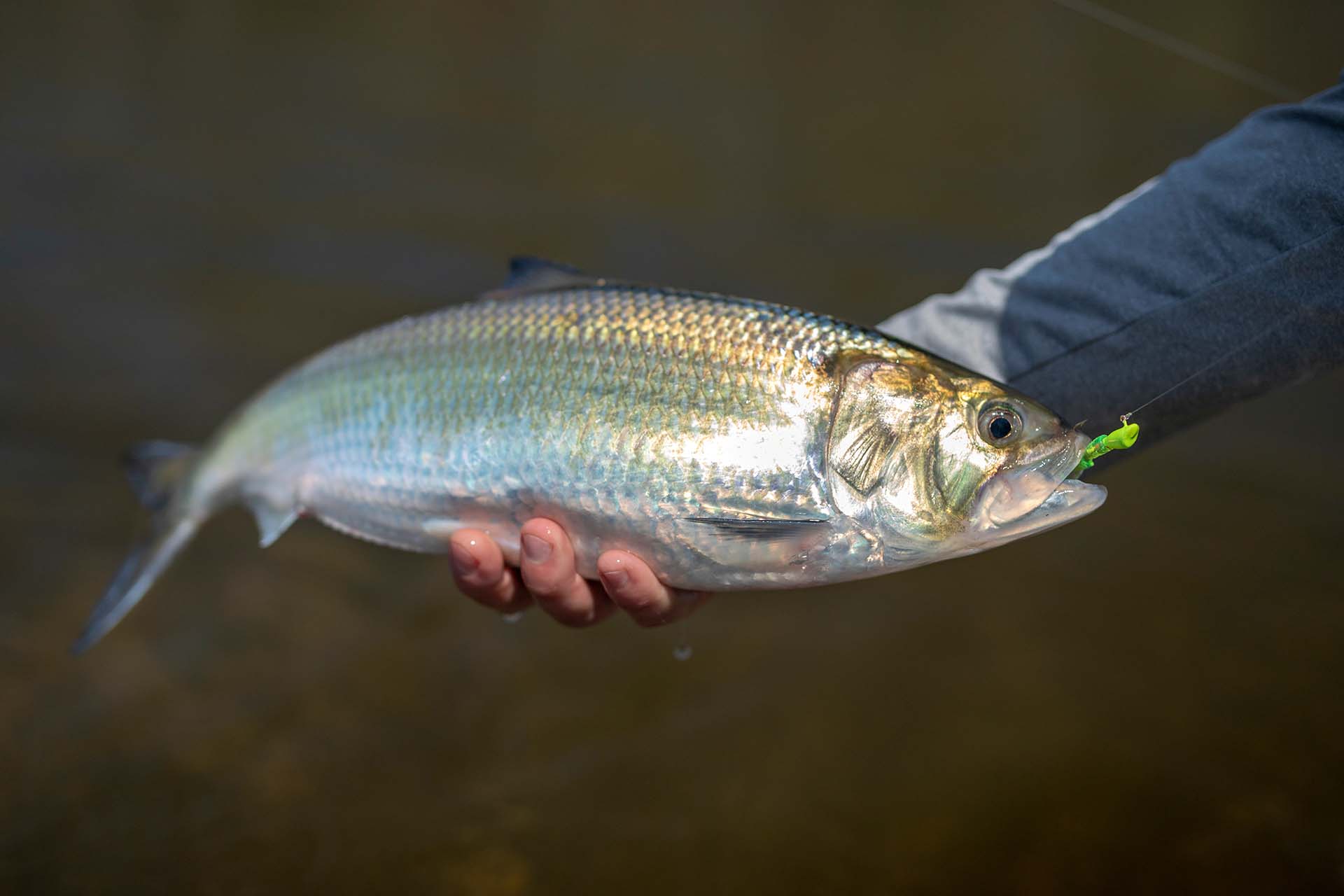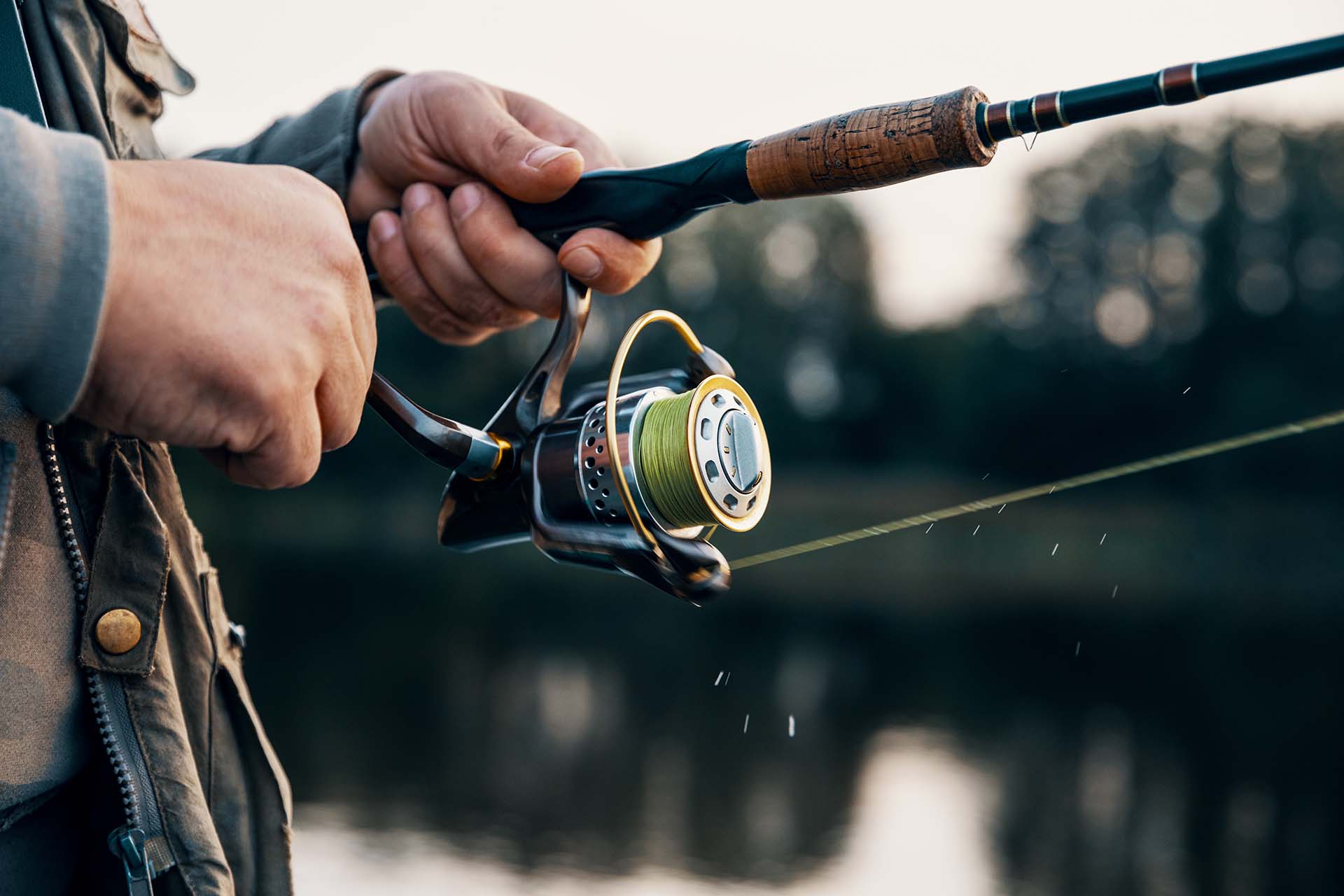Those early morning trips out on the lake, the sun just peeking over the horizon and the peaceful stillness of the day. You’ve packed your rods and tackle box – everything is ready for a relaxing day. But do you need a fishing license for catch and release? Don’t worry! I’m here to help clear up this puzzle so that your experience can be the most enjoyable, rather than wondering if you’re breaking any laws.
In most cases, a fishing license is required even if you plan to practice catch and release fishing. These licenses help fund conservation efforts, including stocking fish, habitat restoration, and research, and are typically required by state or provincial wildlife agencies to ensure sustainable angling practices.
What Is Catch and Release Fishing?
This is a practice where anglers catch fish for sport or recreation and proceed with letting them back into the water unharmed. Instead of keeping the fish as food, this type of fishing allows anglers to enjoy the sport of casting the line while minimizing harm to fish populations. It typically involves using barbless hooks and handling the fish carefully to minimize harm.
After the fish is caught, the angler removes the hook and releases the fish back into the water as quickly and gently as possible. This allows the fish to swim away unharmed and continue to thrive in their natural habitat. The good news is that it’s a popular practice among recreational anglers and is often used in conjunction with other conservation efforts, such as habitat restoration and fish stocking.
What Are the Benefits of Catch and Release Fishing?
It doesn’t matter what your style of angling is – the catch-and-release practice is a way for many to enjoy the sport while also minimizing harm to fish populations. By practicing catch and release techniques, anglers can ensure that the fish they catch are released back into the water unharmed and can continue to thrive in their natural habitats.
Not to mention that this kind of angling provides recreational opportunities with possibilities to meet some of the experienced fishermen who know the fishing slang. However, you can also get valuable data for researchers. By recording information about the fish that are caught and released, researchers can learn more about fish populations, behavior, and habitats, which can help improve conservation and management efforts.
What Are Popular Catch and Release Species?
There are many species of fish that are commonly caught and released by anglers. Popular catch and release species include:
- Bass – Both largemouth and smallmouth bass are popular catch-and-release species, and they are found in many freshwater lakes and rivers,
- Trout – Rainbow, brown, and brook trout are popular catch-and-release species found in many cold-water streams and rivers,
- Tarpon – Tarpon is a popular catch-and-release species in saltwater angling known for its acrobatic jumps and powerful runs,
- Bonefish – This is another popular saltwater catch prized for its speed and challenging fight,
- Redfish – Also known as red drum, redfish is famous for its hard fight and delicious taste,
- Permit – Permit is a highly sought-after catch-and-release species in saltwater angling known for its challenging fight and elusive nature,
- Muskie – Known as musky or muskellunge, it’s known for its large size and powerful fight.
Proper catch and release techniques should be used to minimize harm to the fish, such as using barbless hooks, handling the fish gently, and releasing the fish quickly and carefully.
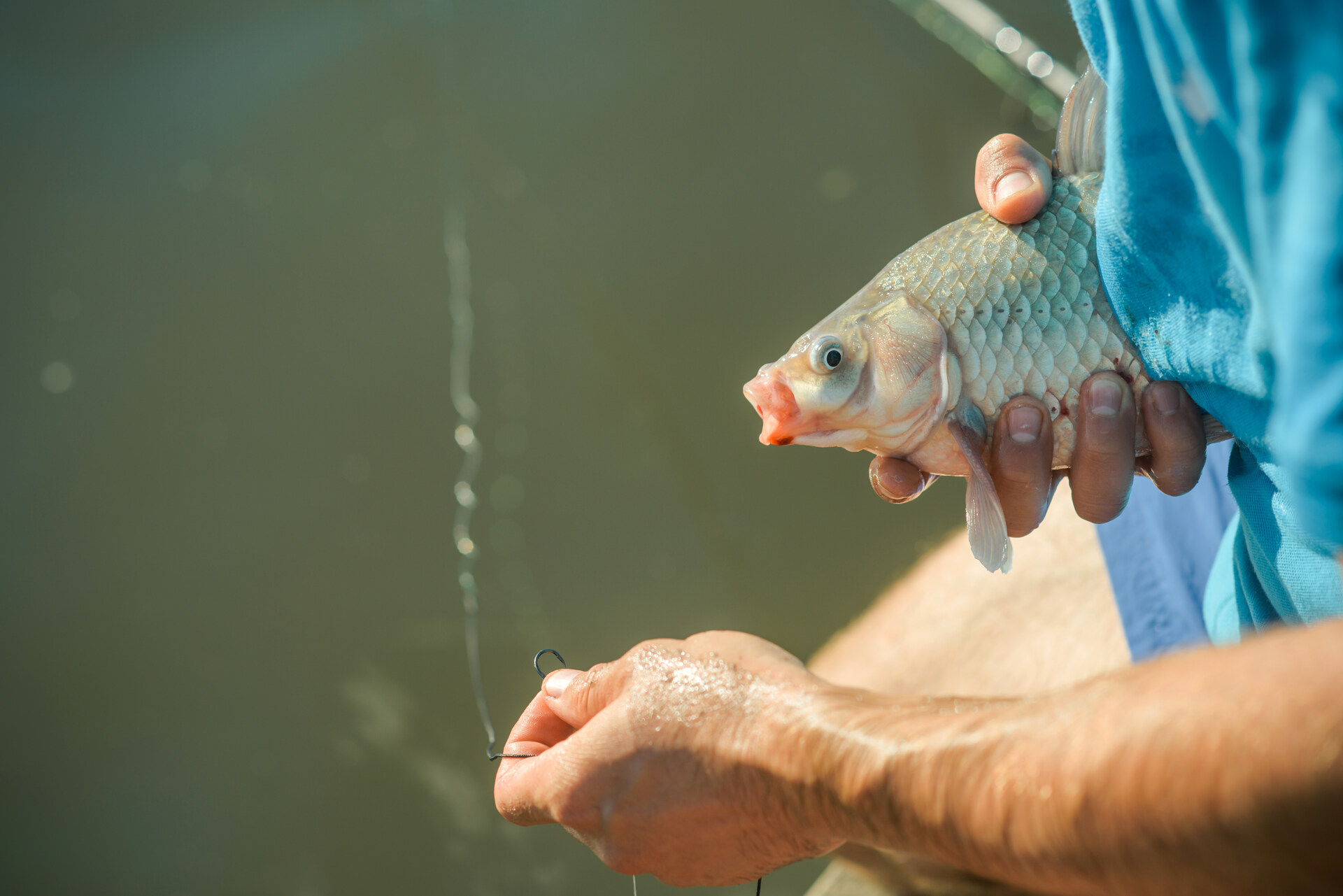
What Are the Fishing License Requirements?
Once you figure out that you need a license, ensure you understand its requirements. They can vary by state and province, but in general, anyone who wants to fish in public waters needs to have a valid license for it. These are typically issued by state or provincial wildlife agencies, and the fees help fund conservation and management efforts for fish and their habitats.
To obtain an angling license, you’ll generally need to provide some basic information, such as your name, address, and date of birth, and pay a fee. You may also be required to provide proof of residency, such as a driver’s license or utility bill. Depending on the state or province, you may be able to purchase a needed license online, by phone, or in person at a licensing agent, such as a sporting goods store or bait and tackle shop.
The license requirements can also vary depending on factors such as age, residency status, and the type of angling you plan to do. For example, some states offer reduced costs or free licenses for seniors, disabled individuals, and veterans, while others may require a separate license for certain types of this sport, such as freshwater versus saltwater.
Here’s a table of those states:
| State | License |
|---|---|
| New York | Offers reduced-cost licenses for seniors and military veterans |
| Texas | Offers free licenses for disabled veterans and reduced-cost licenses for seniors |
| California | Offers reduced-cost licenses for low-income seniors, as well as a reduced-cost sport angling license for disabled veterans |
| Florida | Offers free licenses for disabled veterans, as well as discounted licenses for seniors |
| Michigan | Offers free licenses for disabled individuals, as well as discounted licenses for seniors and military veterans |
Explore Some of the Most Common Types of Fishing Licenses
There are several types of angling licenses that are commonly issued by state and provincial wildlife agencies. Some of the most common types of fishing licenses include:
Resident Fishing License
It is issued to individuals who are residents of the state or province where they plan to fish. Resident angling licenses are typically valid for a full year and may be purchased at a reduced rate compared to non-resident licenses.
Non-Resident Fishing License
This is a license issued to individuals who are not residents of the state or province where they plan to fish. Non-resident angling licenses are typically more expensive than resident licenses and may be valid for a shorter period.
One-Day Fishing License
With this license, an individual is allowed to fish for a single day only. One-day angling licenses are often less expensive than full-year licenses and may be a good option for individuals who only plan to fish occasionally.
Multi-Day Fishing License
This is a license that allows individuals to fish for a specific number of consecutive days, typically up to a week or more. Multi-day angling licenses may be more cost-effective than purchasing several one-day licenses if you plan to fish for several days in a row.
Senior Fishing License
Some states offer reduced-cost or free angling licenses for seniors, typically those over the age of 65. These kinds of licenses may have different eligibility requirements or restrictions, so it’s important to check with your state’s wildlife agency.
Disability Fishing License
There are reduced-cost or free licenses for individuals with disabilities issued by some states. Disability angling licenses may have different eligibility requirements or restrictions, so it’s important to check with your state’s wildlife agency.
Combination Hunting and Fishing License
In certain states, there are combination hunting and angling licenses, which allow individuals to hunt and fish within the state or province. Combination licenses are typically more expensive than single-use licenses but may be more cost-effective if you plan to do both activities.
Does a Fishing License Work in Every State?
After you’ve learned about all types of licenses, there’s another question that comes up – do fishing licenses work in other states? As a matter of fact, no, an angling license typically doesn’t work in every state. Angling licenses are typically issued by individual states or provinces and are only valid within the jurisdiction of that state or province.
This means that if you plan to fish in multiple states or provinces, you will likely need to purchase a fishing license for each jurisdiction in which you plan to fish. However, some states do have reciprocal agreements with other states or provinces, which allows anglers to use their angling license from one state in another state or province.
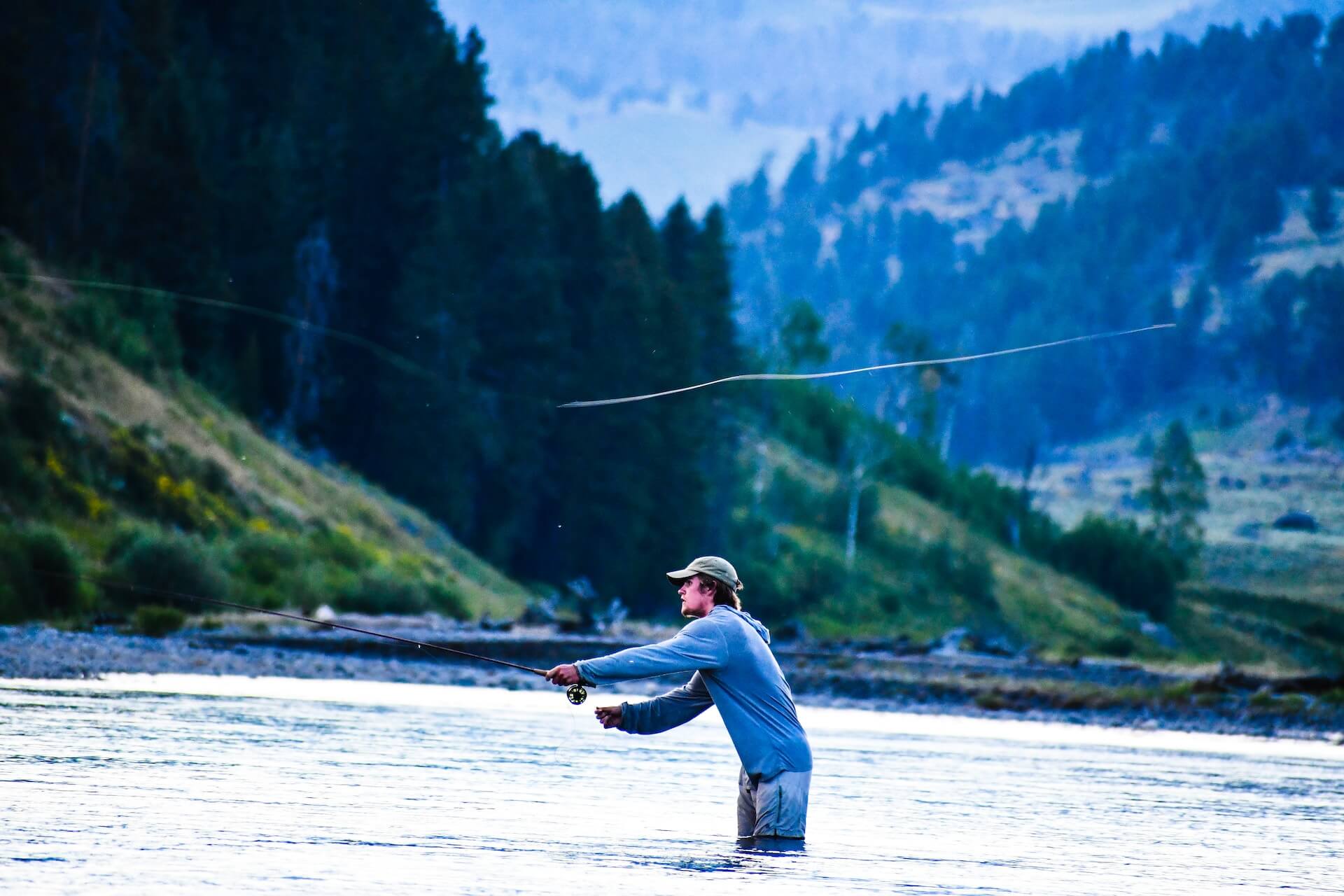
Are There Penalties for Fishing Without a License?
Yes, there are penalties for casting the line without a license. The specific penalties can vary by state and province, but in general, angling without a license is considered a violation of fishing regulations and can result in revocation of privileges, fines, and even criminal charges in some cases.
The fines for casting the line without a license can range from a few hundred dollars up to several thousand dollars. In addition to fines, individuals who are caught angling without a license may have their equipment confiscated and may also be required to appear in court and face criminal charges.
In some cases, it can also result in the loss of future privileges for casting the line. This can include suspension or revocation of existing licenses, as well as the loss of the ability to obtain an angling license in the future.
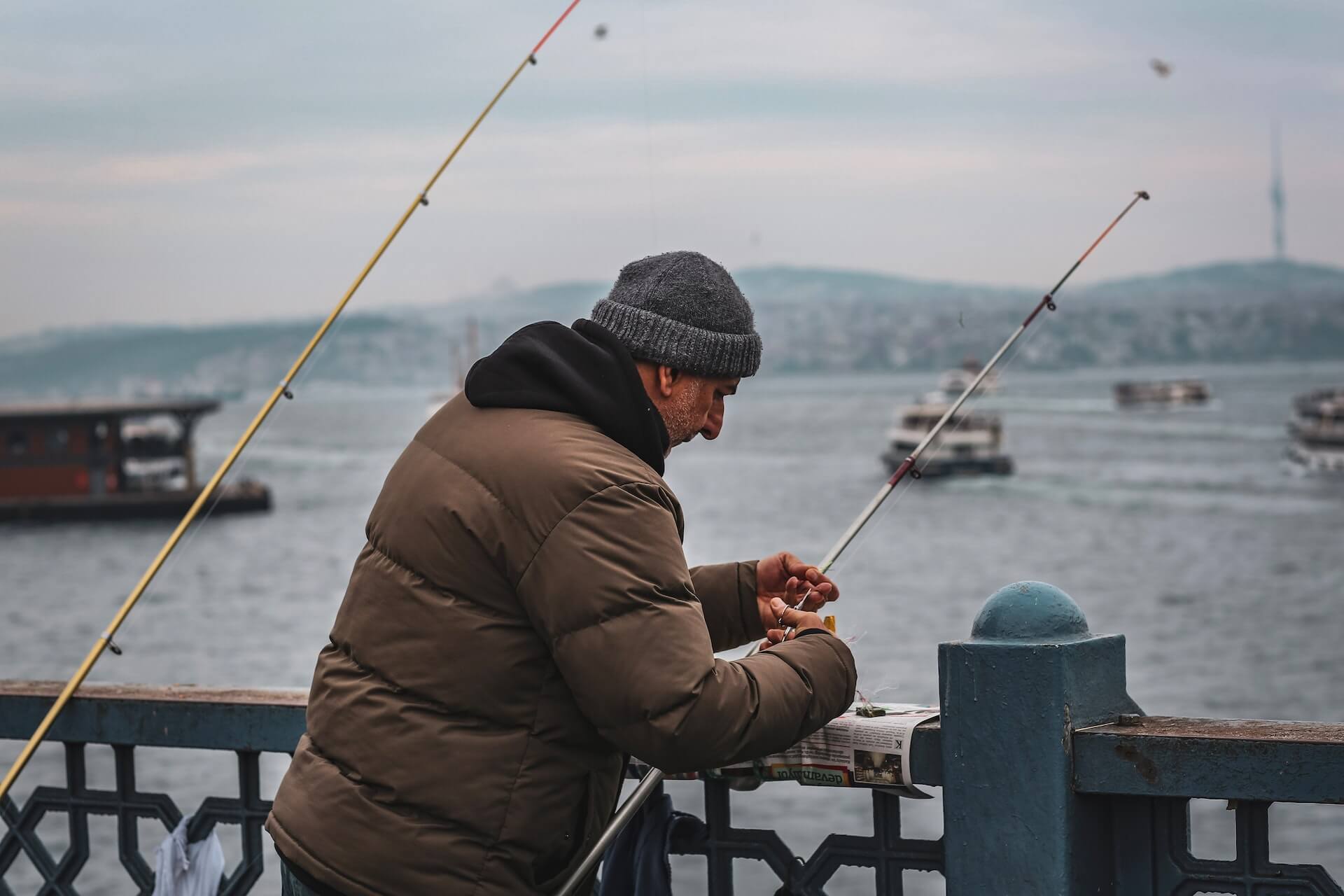
Do You Need a Fishing License for Catch and Release?
Many states require a license for any type of angling, whether it’s catch and release or catch and keep. This is because an angling license is seen as a way to help fund conservation efforts, including stocking fish, habitat restoration, and research.
However, some states do offer exemptions to their angling license requirements for specific groups of people. For example, some states may offer free fishing days or weekends, during which anyone can fish without a license. Here are some examples:
- Arizona, Texas, and Connecticut offer two free days per year for practicing this sport.
- Florida and Illinois offer four free angling days per year.
- New York offers several free days throughout the year for casting the line.
It’s important to note that even if you’re casting the line in a state that doesn’t require a license for catch and release, you may still be subject to other regulations, such as catch limits or gear restrictions. Always check the regulations for the specific area in which you plan to fish to ensure that you’re in compliance with all applicable rules and regulations.
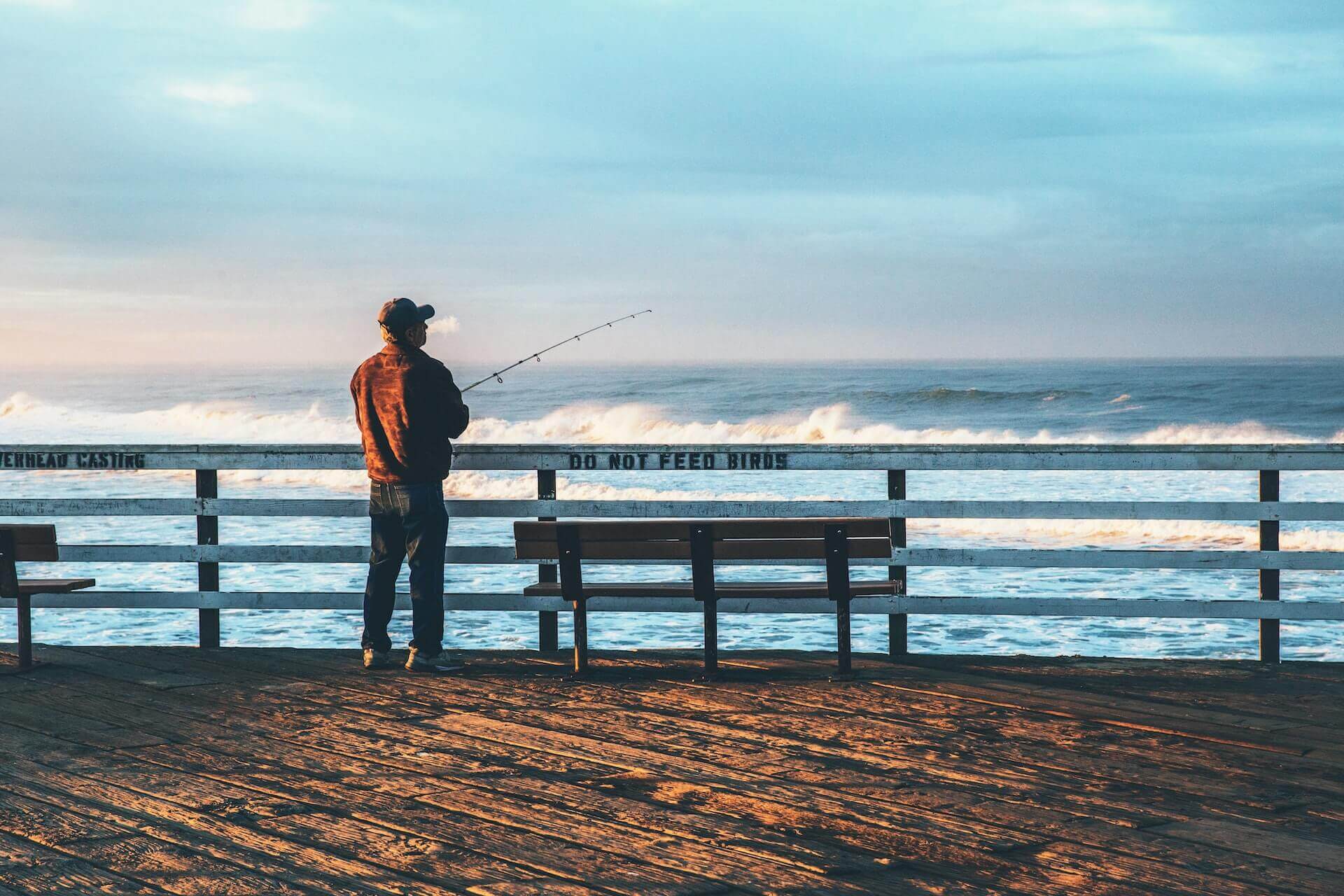
Get a License and Enjoy Fishing Legally
Getting a license and learning the laws of your local area can help you become an even better angler! When playing by the rules, angling is fun and safe for everyone. Besides, the best part about getting licensed is that you can finally show off your fish stories proudly and share what kind of catches you’ve hauled in with your friends!

